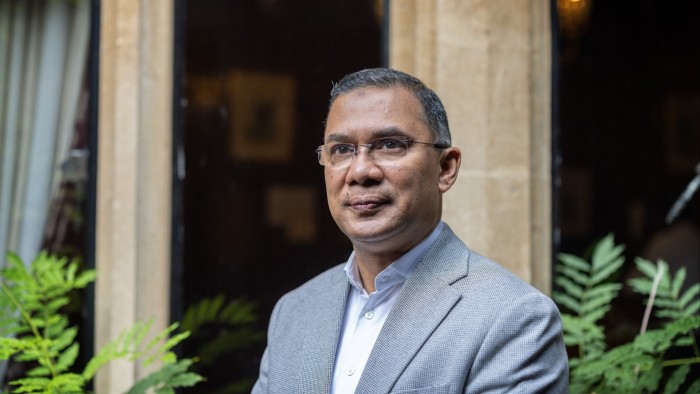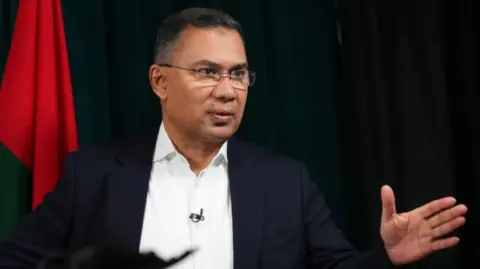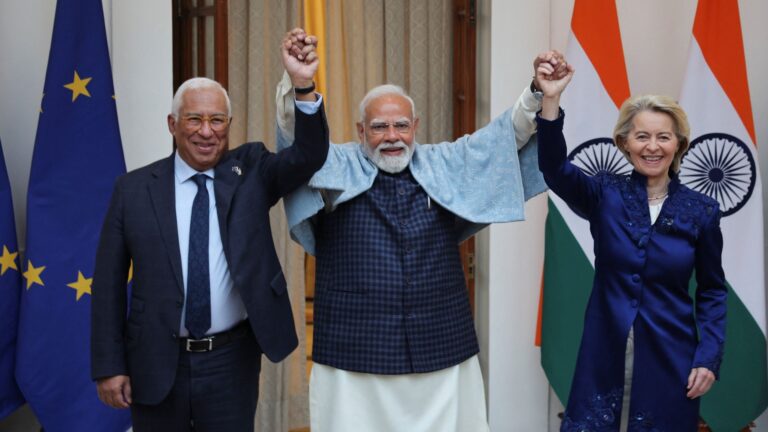
The Exile Breaks: Tarique Rahman Steps Back Into Politics
Tarique Rahman, acting chairman of the Bangladesh Nationalist Party (BNP) and son of Khaleda Zia, has ended years of speculation. After nearly two decades in self-imposed exile, mostly spent in London, Rahman now plans to return home. His promise comes at a pivotal moment, as Bangladesh enters one of its most crucial elections since independence. These polls, set for February, follow the dramatic ousting of Sheikh Hasina and her Awami League after mass protests swept the country in 2024.
Rahman’s comeback announcement was made in an interview with BBC Bangla. “The moment has arrived, God willing, I will be back shortly,” he declared confidently. The BNP, his party, now leads the polls and stands as the favourite to win an election many believe will shape Bangladesh’s next chapter. The removal of Hasina, following deadly student-led protests, changed the country’s political landscape overnight. At least 1,400 people lost their lives during the crackdown.

A Changed Political Order
The interim government, led by Nobel laureate Muhammad Yunus, oversees the nation. Yunus’s administration has banned the Awami League from contesting until the trials of its leaders conclude. Sheikh Hasina, meanwhile, has fled to India and faces trial in absentia for crimes against humanity linked to the protests. The BNP and other parties have criticized the slow pace of electoral reforms and the delay in poll dates. But with the Awami League excluded, analysts widely expect the BNP to win with a sweeping majority.
Tarique Rahman’s position is strong. All pending cases against him, which were previously a significant reason for his exile, were voided after the regime change. Critics once accused him of corruption and masterminding the 2004 grenade attack against Hasina. The courts, however, dismissed all charges in 2024, clearing the path for his return. At 58, party leaders anticipate Rahman will be the party’s nominee for prime minister. His mother, Khaleda Zia, now 80 and ailing, remains an influential figure but unlikely to campaign.
An Election Marked by Democratic Promises
The youth of Bangladesh played a significant role in last year’s revolution. Their demands are now at the centre of the upcoming election. They want change, including the introduction of free speech, fair trials, and greater transparency. The BNP’s campaign highlights these themes and promises democratic reforms. Tarique Rahman insists free speech bans, like those imposed on his speeches by previous governments, will not return. For the first time, a constitutional referendum, a demand of the student movement, is scheduled to run parallel with the election, marking a break from tradition.
The new government, whoever leads it, will face challenging tasks. Bangladesh’s economy is fragile. Garment exports have suffered under US tariffs. Ties with India, where Hasina now resides, need to be rebuilt. Yet there is optimism. Rahman says the party will welcome young activists who led last year’s protests into politics, signifying a generational shift in leadership and vision.
Tarique Rahman and the Road Ahead
For many in Bangladesh, this vote is more than a transfer of power. It represents hope for real democracy after years of restrictions and state surveillance. Rahman’s return marks a significant symbolic moment. He steps onto the election trail with his party favoured to win and a promise of reforms in hand. The BNP is working to reach consensus with other parties and student movements, a process that remains slow and difficult.
Still, uncertainty lingers. The interim government is under pressure to deliver reforms quickly. International observers are watching closely, wary of new unrest or backsliding. Yet the atmosphere in Bangladesh today is ripe with anticipation—a celebration of political participation, even as challenges endure.
The future of Bangladesh will be determined not only by who wins, but also whether this moment of change truly delivers on the hopes of a restless and courageous generation. For now, Tarique Rahman’s return is the most prominent sign of the country’s dramatically shifting political tides.
For more such articles, check out the World Times.



